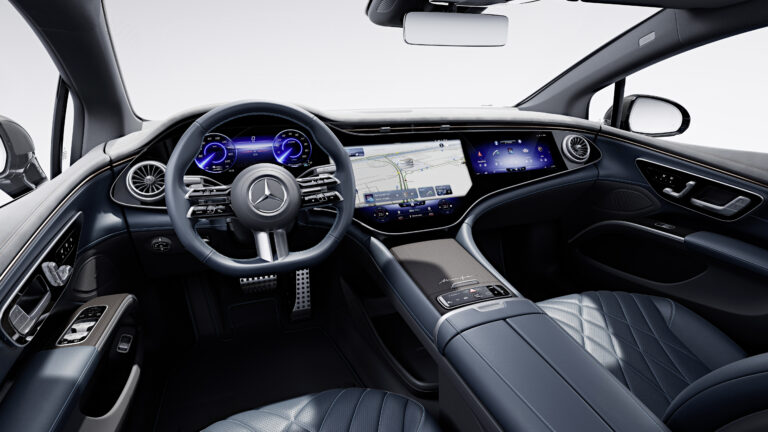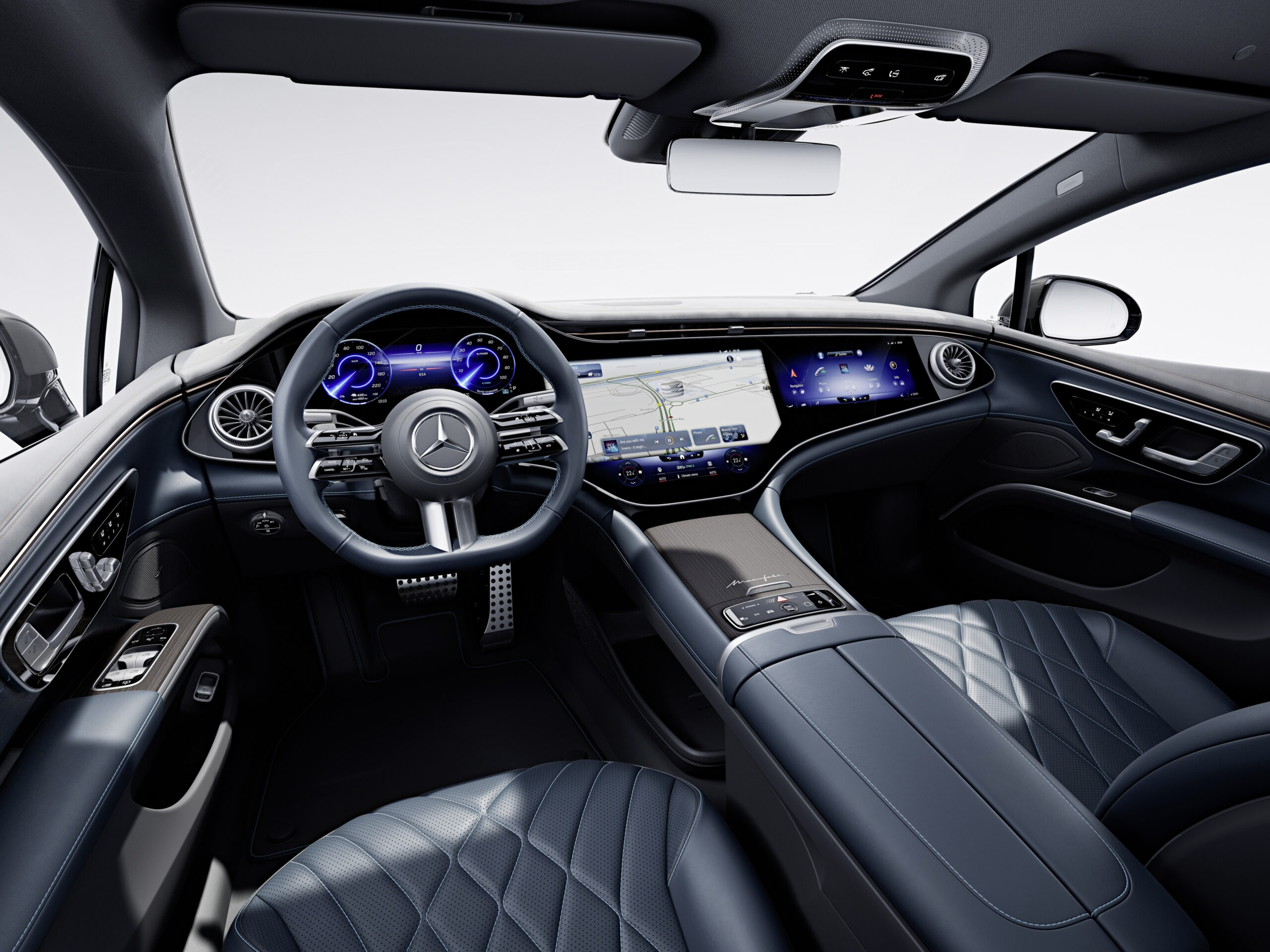
New cars really are better than they used to be. They last longer, they’re more efficient, and they’re safer for the occupants in a crash. But it’s not entirely a one-way street. If the last time you bought a car was more than a decade ago, you’re probably shocked at the cumulative effect of inflation since then. But even ignoring sticker shock, there’s also the matter of cars (almost) all having lifeless steering. But a patent filed last year by Mercedes-Benz might have the answer.
Regular readers will have read me complain about the death of steering feedback more than once. And that’s a bad thing if you care about driving, or even if you don’t. The late Richard Parry-Jones, an engineer whose career at Ford saw him rise to become CTO and head of global R&D, tracked customer satisfaction data and was able to prove to skeptical colleagues that good steering was highly correlated with customer satisfaction “because bad steering is tiring,” he wrote.
Mostly, it’s down to a switch from hydraulic to electric power-assisted steering—in many cases, the electric motor is placed on the steering column, which has the side effect of filtering out road forces, keeping them from being transferred back up the column and to the driver’s hands via the steering wheel.
Other, more expensive electric power steering systems mount the assist motor on the steering rack, which somewhat mitigates the problem, and being thoughtful about suspension geometry—as the Polestar 4 is—can also pay benefits.

